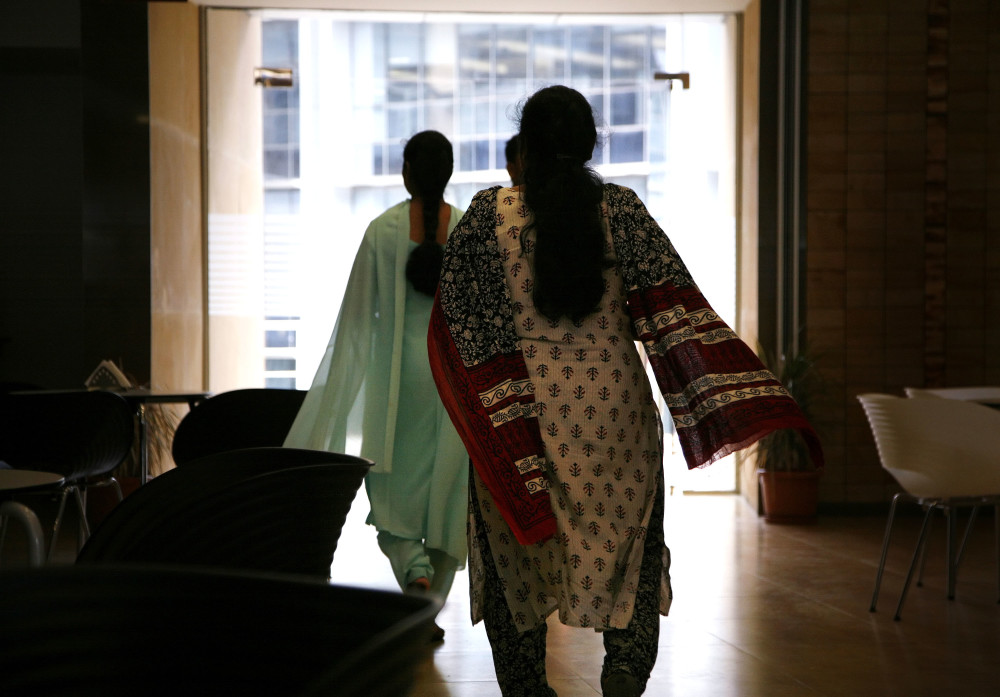By Suneera Tandon
Mint, New Delhi.
NEW DELHI
Indian women value careers and financial independence more than marriage.
Or, to be exact, a statistically small number of women from the higher economic groups in India are more worried about their careers and financial independence than marriage.
There’s more.
Careers and finances matter more to these women than they do to their peers in China and Indonesia.
The findings are from a study titled What Women Want by ad agency JWT that seeks to understand the modern woman (from a certain economic background) in the three countries and they could help marketers understand a key consumer segment that isn’t just growing in size, but is also becoming more important in terms of consumption.
It includes people such as Deepti, a New Delhi-based 30-year-old marketing professional at a multinational corporation (MNC) who is bearing 80% of the mortgage on a Rs.40 lakh apartment in Allahabad, that she and her husband purchased to invest for the future, seeking an early retirement (he is bearing 20% of the mortgage). She is very clear that she needs to be financially independent.
“Since I am the only child, it is important for me to have a source of income to assist my parents as well,” she said. To that end, she makes regular investments in mutual funds and other financial products.
Women such as Deepti, who asked that her second name not be used, also want more.
After careers and financial independence, the things that matter to them are setting up a business and travelling. And nearly one in every two of the women surveyed in India said it was important to them that they buy a house or car in the next five years.
“Online and offline, women are buying” more products than they used to, said Ajay Kelkar, co-promoter and chief operating officer of Hansa Cequity, a research firm. The trend is being amplified by the growing number of working women as well as their rising incomes, he added.
Delhi-based Saanchi Sachdev, 24, works as a computer engineer at an MNC and is preparing to study overseas. She didn’t want to depend on public transport and also wanted her parents to own a set of wheels, and so, in June 2014, paid Rs.3 lakh as down payment on a car. She also pays the Rs.10,000 equated monthly instalments (EMIs).
“There is clearly a shift in the purchase behaviour of women,” explained Shazia Khan, vice-president and executive planning director at JWT India. “There is an expansion in their aspiration.”
“Women are a crucial target audience for all marketing initiatives by residential developers,” said Om Ahuja, chief executive officer (CEO), residential services, at real estate consulting company Jones Lang LaSalle India. “Developers recognize the fact that women are, in most cases, the final authority when it comes to purchasing a home for the family,” said Ahuja.
In a December interview with Mint, D. Shivakumar, chairman and chief executive officer at food and beverage company PepsiCo India, said that women making purchase decisions was driving consumption in India. “Women, I think, are willing to express themselves through consumption or products,” he said.
Khan put together the report after surveying 500 women each in the three countries, across the higher socioeconomic groups, and between the ages of 20 and 45. The study was aimed at understanding the aspirations, priorities and financial goals of women in these countries.
The JWT study reinforces the findings of a much larger study done two years ago.
In 2013, Nielsen India conducted a survey, for a large financial company, on understanding Indian women in terms of their “usage and attitudes towards financial products”, across 4,750 women (working and non-working) in the metros and non-metros. According to the survey, 92% working women and 84% non-working women in urban India claimed to play a role in financial decisions of the household.
Nearly a quarter of the working women claimed they were the sole decision-makers on investments decisions, although the proportion was very low among non-working women, and husbands dominated the decision-making when it came to financial products in all households.
The numbers still mark a significant change.
For instance, according to Anisha Motwani, chief marketing officer at Max Life Insurance Co. Ltd, women contribute 28% of its sales, up from 15% just a few years ago.
In its latest commercial, Max used a female protagonist for the first time in an attempt to attract more women agents and consumers, Motwani added.
Like Max, several advertisers are now portraying independent women in their ads. “Advertising will only lift what society is thinking and reflect it back, there is nothing deliberate about this attempt,” said Amer Jaleel, national creative director at advertising agency Lowe Lintas + Partners India, who has worked on brands such as Tata Tea. He added that brands are “lifting the level of intelligence” in their conversations with women and consumers at large.
Still, there’s work to be done, said an advertising executive.
“Are they (women) buying — yes. Are they being overtly targeted — not sure,” said Dheeraj Sinha, chief strategy officer at advertising agency Grey Worldwide.
“They are being cast (in ads) for their cool quotient not essentially in celebration of their financial independence,” he said.
“We could definitely do more.”














































































































































































































































































































































































